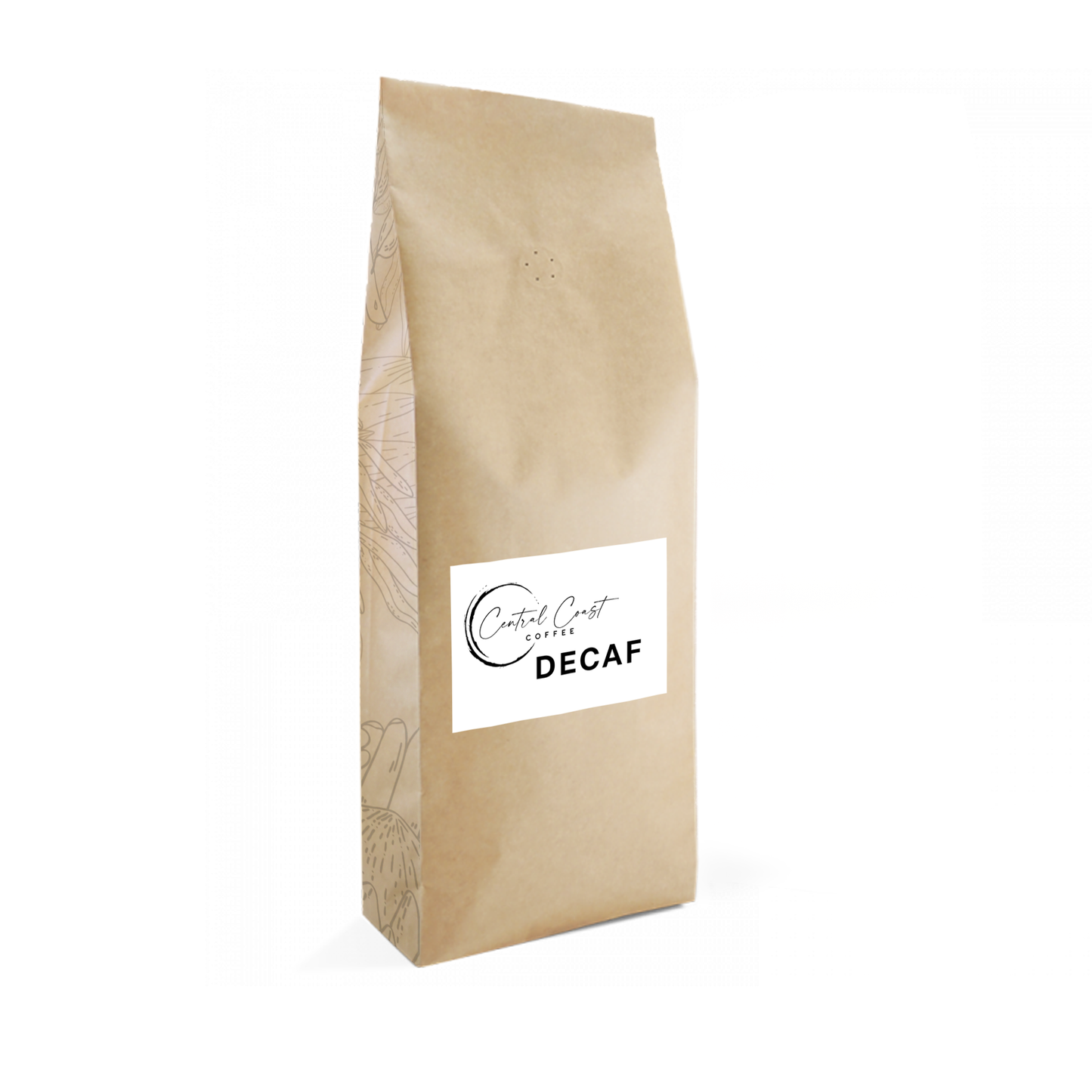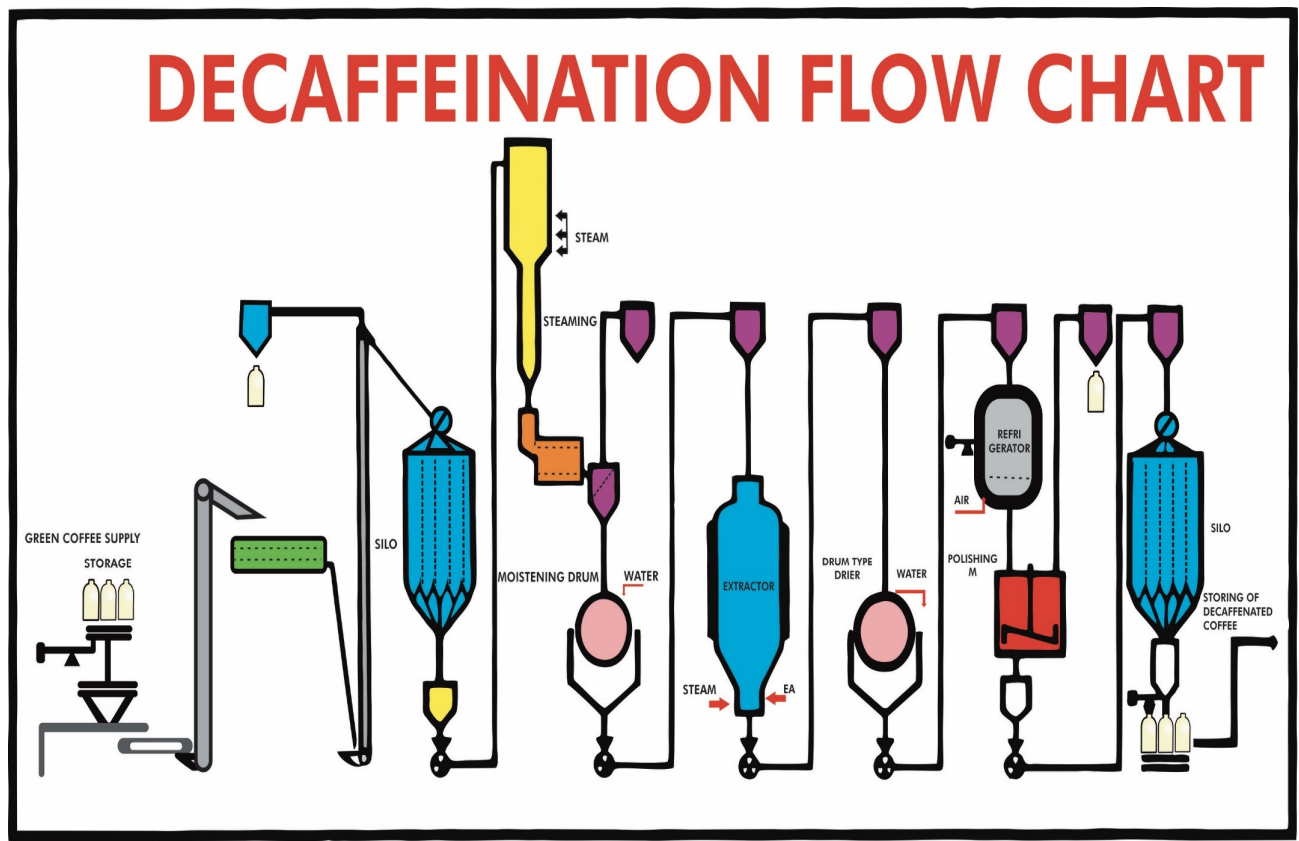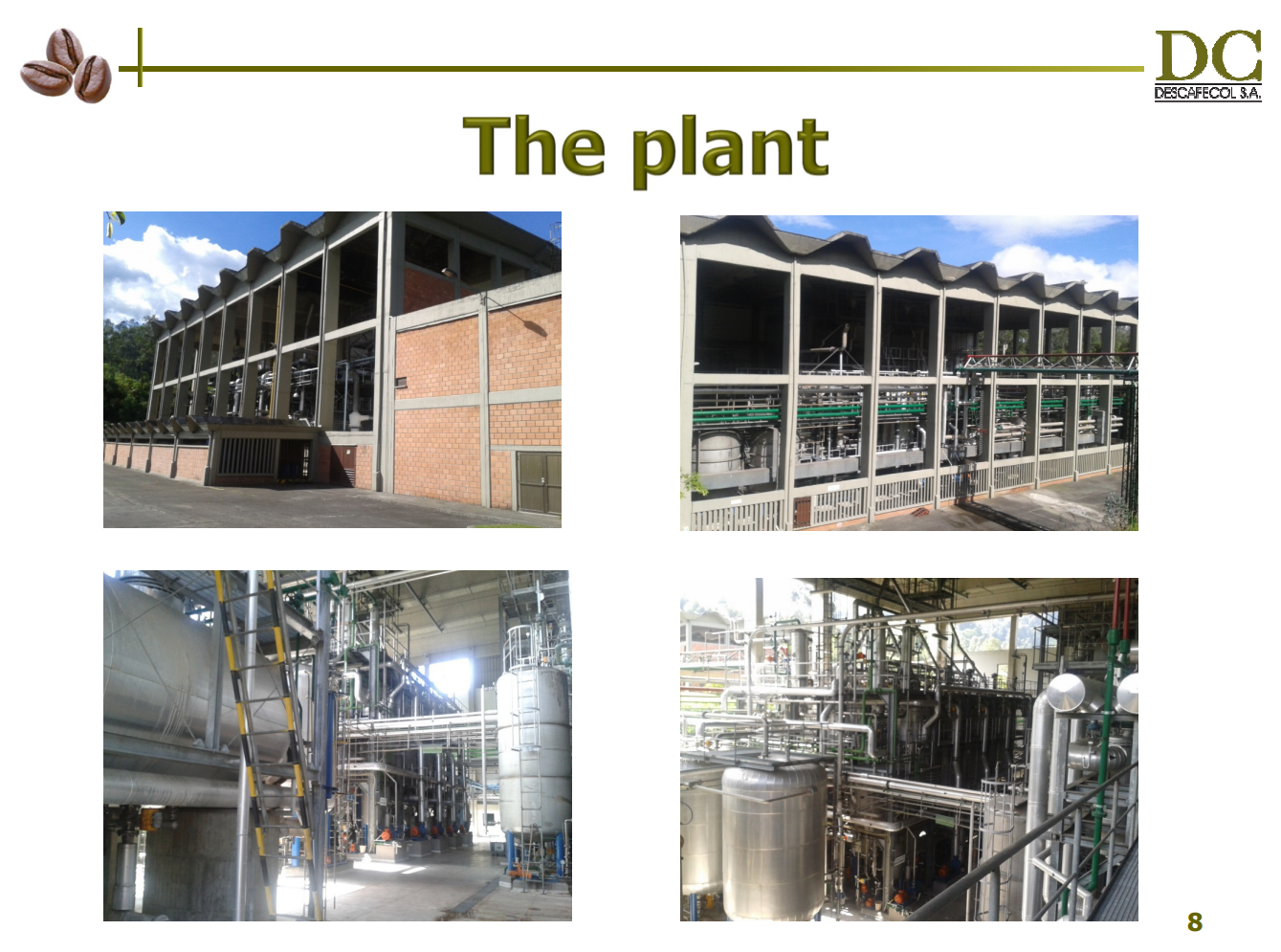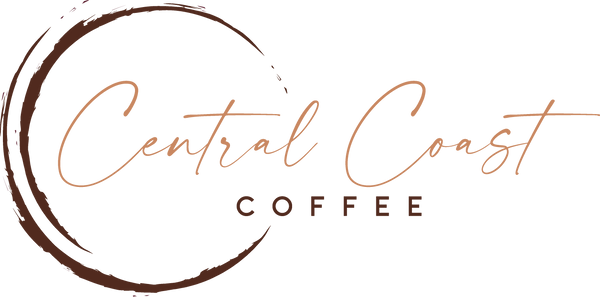


Heads up: this coffee is decaffeinated — perfect if you love the taste of coffee without the caffeine buzz. We take extra care when roasting our decafs to keep them sweet, balanced and full of flavour so you won’t miss a thing.
This coffee’s roasted in our espresso style — but that doesn’t mean you need to brew it as espresso. You can make it however you like — espresso, filter, moka pot, AeroPress or whatever you enjoy. We roast it a touch darker than we would a filter roast to caramelise the sugars and bring out smooth chocolatey and nutty flavours that cut beautifully through milk.
When you add milk the natural sweetness, fat and proteins tend to soften acidity and highlight caramelised flavours. That’s why lighter filter roasts can sometimes taste a bit sharp or sour with milk — they’re simply not built for it. Espresso roasts being more developed balance this out. The deeper caramelisation creates toffee and cocoa notes that blend harmoniously with milk’s creaminess while a hint of gentle bitterness adds that satisfying ‘coffee punch’ in your flat white or cappuccino.
If you prefer your coffee black this roast will still give you a full-bodied rich cup with plenty of depth and sweetness. For a lighter fruitier experience you might enjoy exploring our filter range instead.
Origin and Sourcing
?
?
?
Roast Details
?
?
?
?
?
?
?
Taste Profile
?
?
Colombia | Popayán | Castillo Caturra Washed | Sugarcane EA Decaf - When is peak freshness?
Decaf Roast - Roasted on Roest P3000
Decaf coffee goes stale faster because the decaffeination process weakens the bean’s structure, allowing carbon dioxide and oils—key to flavour and aroma—to escape more quickly. Once these are lost, oxidation dulls the taste, and the coffee can lose freshness within 14–21 days if not stored well. To preserve quality, keep decaf sealed in an airtight bag, away from heat, light, and air. For best results, portion and freeze extra beans, only thawing what you’ll use within a week. Proper storage keeps decaf tasting vibrant and aromatic for longer.
Our Popayan Sugarcane Decaf is a standout offering from a group of farms in the renowned Popayan region. The coffee beans are initially sold as parchment before being milled in Popayan and then traveling to Caldas for decaffeination at DESCAFECOL. This meticulous process ensures the highest quality decaf coffee, preserving the natural attributes and sweetness of the beans.
We know how much our customers appreciate the quality and flavor of decaf coffee, and we are thrilled to offer this blend that meets the highest standards. The Popayan Sugarcane Decaf is not just a decaf coffee; it's a hero in any café's coffee blend, delivering everything you desire in a coffee without the caffeine.
Yield - 38g
Time : 26-30sec
Following the careful selection of coffee cherries, these are then de-pulped and thoroughly washed to completely remove the mucilage. Afetrward, the coffee is spread out on raised beds for 5-7 days until reaching the ideal moisture content. This method ensures the preservation of the coffee's unique flavors and characteristics.
Decaff process by DESCAFECOL
The decaffeination process used by DESCAFECOL is unique and focuses on preserving the natural qualities of coffee. The method involves using sugar cane Ethyl Acetate (EA) and water, which enhances the sweetness of the coffee while maintaining its original attributes. Initially, green coffee beans are placed in a steam chamber to remove the silver skin. They are then submerged in spring water, and as soon as the beans are saturated, they are sent to extractors. Here, the beans are exposed to sugar cane ethyl acetate for eight hours to dissolve the caffeine content.
This method is notable for its use of natural EA, derived from the sugar cane industry in Palmira, Colombia. Since EA is naturally present in coffee beans, no foreign substances are introduced. The combination of spring water and natural EA in the caffeine extraction process helps retain the natural structure of the coffee bean cells by avoiding excessive heat and pressure. This results in decaffeinated coffee that maintains excellent aroma and taste, suitable for perfect roasting.
The decaffeination process at DESCAFECOL is FDA approved, ensuring that the residual EA in the coffee is kept below 5 parts per million (ppm), well under the international limit of 20 ppm. Furthermore, any residual EA evaporates during the roasting process, which occurs at around 200°C, leaving no trace of the solvent. The entire process restores the moisture content of the decaffeinated beans to a maximum of 12%, effectively removing 97% of the caffeine, which meets the American norm.
In addition to the extraction process, the coffee beans undergo several post-treatment steps. After the caffeine extraction, residual EA is removed using low-pressure saturated steam. The beans are then dried in vacuum drying drums to adjust the final humidity between 10% and 12%. Once cooled to ambient temperature using air fans, the beans are polished with carnauba wax to enhance their appearance and protect against environmental humidity. Finally, the polished coffee is packed in 70 kg jute bags, ready for distribution.
Coffee in Colombia
Colombia has been producing and exporting coffee renowned for their full body, bright acidity and rich aftertaste, since the early 19th century.
Colombia boasts a wide range of climates and geographic conditions that, in turn, produce their own unique flavors in coffee. This also means that harvest times can vary quite a bit. In fact, between all its different regions, Colombia produces fresh crop nearly all year round.
The increasing focus on the specialty industry is changing the way traders and farmers do business. It is becoming more common for farmers to isolate the highest quality beans in their lots to market separately. These higher-quality lots are often sold under specific brands or stories.
Besides its wide variety of cup profiles, Colombia has quickly expanded its certification options over the past 10 years. The most common certifications available are Fairtrade, Rainforest Alliance, UTZ and Organic.
SKU: col_popayan_decaf_1000g
Package Weight: 1150g
How does my coffee come packaged?
- Choosing a selection results in a full page refresh.
- Opens in a new window.



